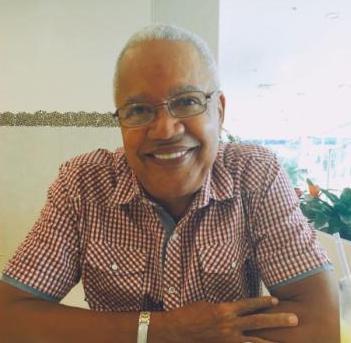
Mobile money has been hailed as a possible solution to the problem of financial inclusion and can be a solution to many challenges, such as money laundering and praedial larceny.
But mobile money also fits in very well with health technology as it can enable the use of, and broaden access to, several health-care services that would not otherwise be available to many persons.
The first thing we have to make clear is that mobile money is not a generic term.
Consequently, they are not all the same. Some mobile money platforms are dependent on a specific mobile telephone service provider and operate through that type of channel only.
Others are restricted to smartphones with a data plan and some are simply a bill-payment and person-to-person transfer mechanism.
The most versatile platforms, however, are not linked to any particular carrier but provide services, irrespective of the carrier.
The best mobile money platforms do not even require persons to have a smartphone. Your mobile number and a PIN is all you need. In addition, they operate through multiple banks similar to a credit card, using the already existing banking infrastructure such as point of sale terminals and ATM networks.
The latter is the solution that will enable the health sector to take advantage of several services that could not be possible or convenient without it, especially to low-income earners and those without a credit card. Incidentally, less than 15 per cent of the Jamaican population use credit cards, and debit cards do not work with eCommerce.
Now, how does health come into the picture? Jamaica is already partially electronic for many health services. Health insurance claims and National Health Fund card adjudication, for example, are world leaders and are online, real time.
The University Hospital of the West Indies is going fully digital, private and government pharmacies offer some services online, and many are seeking to extend this capability.
Doctors' offices will soon have the opportunity to become fully digitised, allowing patients to make their appointments online, view their medical history, speak to their doctors through teleconferencing and obtain ePrescriptions, along with a host of other features.
Accessible To Poor
Now, there must be a way to pay for these services. Since credit cards are not accessible to the majority of the population, the obvious answer is to use mobile money which allows even the lowest-income person, who may not even have a regular bank account, to access an online payment service.
Take this scenario as an example. An immobile patient is at home but needs medication. The caregiver cannot leave the patient alone. The patient's doctor can be contacted through a telemedicine platform and have an ePrescription sent to a pharmacy that has a delivery service.
The patient can then pay the pharmacy remotely, using mobile money, and have the medication delivered to their home. The same applies to the patient-doctor contact through telemedicine.
The doctor can be paid for the remote service, using mobile money. If the doctor so requires, he/she will, in the near future, be able to have the patient reserve a bed and pay via mobile money to secure a space before arriving at the hospital for admission.
Express registration at UHWI will be a feature of those who register for ePrescription. UHWI is far advanced in its digitisation and will be ahead of other hospitals in the Caribbean.
Other private hospitals and private wings at public hospitals may want to offer this service at some point as well.
Private ambulance services can also use mobile money to accommodate payment once a request is made through an app or via phone. This could assist with reducing the number of prank calls they receive.
The use of mobile money will enable more efficient use of time by our highly skilled resources. It can facilitate payment for a range of online, remote health-care services and provide access for those with the lowest income.
It does not matter income level, the Government's thrust for financial inclusion, through mobile money, means that soon everyone will have access to electronic/online services that require non-cash payment.

